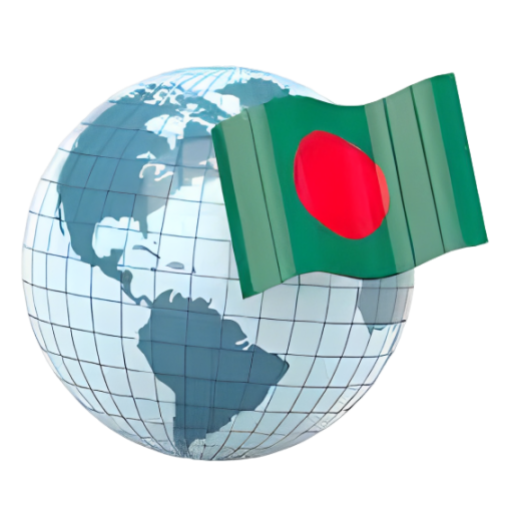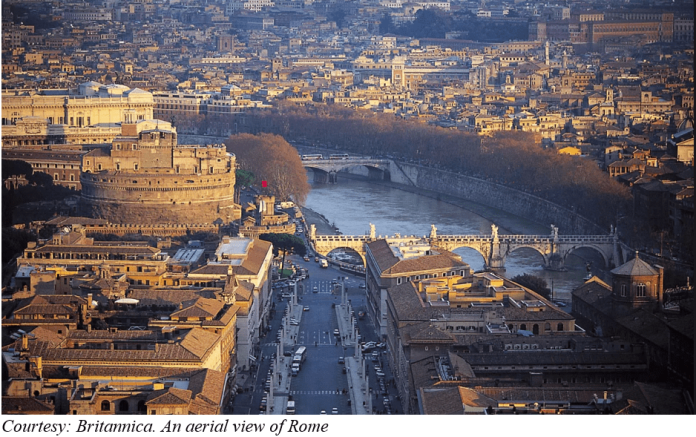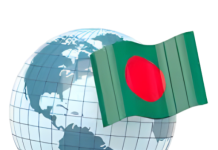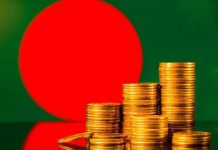Millions of Bangladeshis migrate to different parts of the world and work in different capacities to achieve a better life. They work in Europe, North America, South America, the Middle East, East Asia, Southeast Asia, Africa, and Australia. The remittances they send support millions of families and contribute to poverty reduction and the economy of Bangladesh. Despite their significant contributions to the national income of Bangladesh, the way of their overseas lives remains largely shrouded and unexplored. This study explores the life of Asif Alam (pseudonym), a Bangladeshi living in Rome. This research is based on information provided by Alam who was interviewed using semi-structured questions.
Alam – born on the 14th April 1984 in Pabna – came to Rome in November 2018. He first came to Malta on a student visa to study Catering and Hospitality Management (CHM), a 6-month programme (October-March) offered by the European University (EU). He obtained his Higher Secondary School Certificate, equivalent to a secondary school diploma in North America and Australia before he arrived in Malta for study.
Alam arrived in Malta on 25 September, 2005, and completed his CHM programme on time. After completing the programme, he hoped to pursue a 3-year diploma in CHM at the same university. The tuition fee for the diploma was, however, very high, and as such, to continue his studies, he sought work permission in Malta but failed. He got no financial support anymore from his family in Bangladesh to pay the high tuition fee for the diploma since his family already spent TK 50,00,000 (USD 42,480) including tuition fee for CHM, plane fare, and TK 20,000 (USD 170) on a visa and admission processing fee paid to Time and Trade, an education consultancy agency located in Dhaka.
Thus, he found himself in a difficult predicament. However, he decided not to go back to Bangladesh as he had already spent a lot of money. So, to get rid of this difficult situation, he tried to find another option., and finally found an alternative. He embarked on an illegal sailing to Sicily, an Italian island, around 60 miles away from Malta. He was accompanied by eleven other people who were all Bangladeshis. Each of them paid €2,000 to a Maltese broker who helped them sail to Sicily.
Alam landed in Palermo, a culturally rich city in Sicily, and sought political asylum where he was taught functional Italian for communication. After 56 days, he was released from the asylum, and later, he moved to Naples, a vibrant city famed for its cuisine and pizza. Initially, he did not get any job because he did not have a work permit. After obtaining a work permit, he got a job in a bar where he worked as a cleaner and barman for 6 months. In Naples, he also managed to find work at Rossopomodoro, a famous restaurant and pizzeria in Italy. Later, he was transferred to a newly opened branch in Rome. This is how he arrived in Rome at the age of 32.
Alam was single when he arrived in Rome in 2018, although he got married in 2017 in Bangladesh. Currently Alam is living in Rome with his wife and their 4-year-old daughter, who has not yet started school. Alam would like to enrol his daughter in an Italian school, because it is free and teaches English as a second language. Many children of Bangladeshis study in Italian schools.
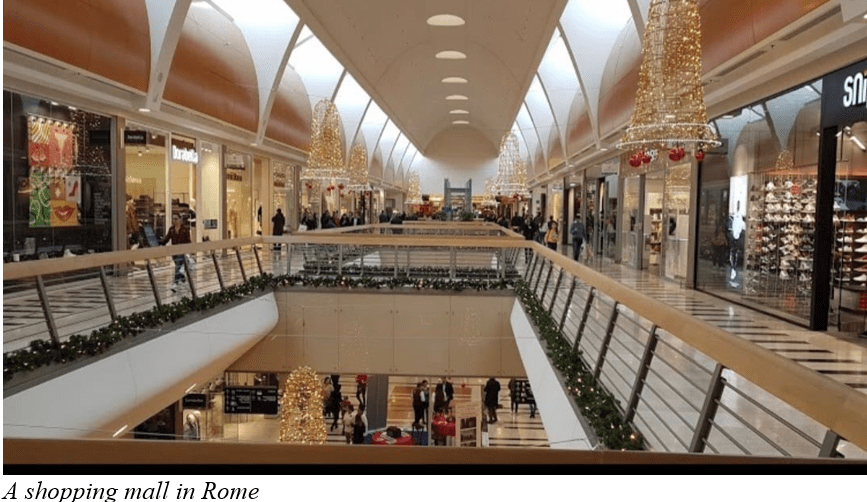
Alam lives in a two-bedroom apartment rented for €900 per month, meaning he pays around 50% of his income for rent. Naturally, now he cannot send money to his parents in Bangladesh regularly. Before the arrival of his wife, he lived in a shared apartment, for which he paid less than he does now. If needed, he saves money for his parents from his income by tailoring his daily expenses. He has good relations with his family in Bangladesh. He visits Bangladesh almost every year. He likes to travel, and besides Rome, has visited Venice, Calabria, and Milan.
Alam works as a head chef. He cooks all types of pasta and makes cakes. He works 6 and a half hours a day, and 6 days a week, from 10 a.m. to 4:30 p.m. He is paid €11 per hour, which totals € 71. 50 per day, € 440 per week, and € 1,716 per month (assuming 26 working days per month). He does not have any additional income for overtime and working during the weekends. He receives two annual bonuses and one month of vacation yearly, but no sick leave. Alam has health insurance, for which he pays 40%, with the rest covered by the government.
Alam views Rome as an ideal locus, throbbing with people coming from Bangladesh. According to him, a population of 40,000 Bangladeshi lives in Rome. He has 15/20 Bangladeshi friends with whom he hangs out, but no relatives in the city. He finds in this city several grocery shops owned by Bangladeshis in Rome, where some Bangla magazines are also available. “The Dhumketu” is one of them.
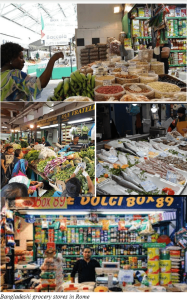 There are several mosques, but no Bangla language schools, or Bangla music schools in Rome. Additionally, there are many Bangladeshi associations such as Dhaka Somity, Barishal Somity, and Gazipur Somity, which organize cultural functions and events such as the 21st February, Eid festivals, Pohela Boishakh, and social events like picnics and outings. Despite time constraints, Alam attends these cultural functions and social events with his family.
There are several mosques, but no Bangla language schools, or Bangla music schools in Rome. Additionally, there are many Bangladeshi associations such as Dhaka Somity, Barishal Somity, and Gazipur Somity, which organize cultural functions and events such as the 21st February, Eid festivals, Pohela Boishakh, and social events like picnics and outings. Despite time constraints, Alam attends these cultural functions and social events with his family.
Alam has faced challenges and embraced opportunities. For him, surviving without work is the biggest challenge many people, if not all, face in their overseas lives. However, he also finds that Rome offers many opportunities for foreign workers. To him, opportunities surpass the challenges. Compared to the big cities of developing countries, Rome ensures a better communication system, which is why Alam views and ranks this city as an ideal abode for him and his family.
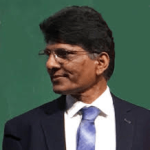
Mohsin Ali
Mohsin Ali—a serious learner—holds multiple degrees. He has earned four master’s degrees such as an MA in English Literature, an MA in English Language Teaching, an MA in Globalization and International Development, and an MA in Education. He possesses the knowledge and skills required to conduct rigorous research. His research interests include international development, education for social transformation, refugee integration issues, identity politics, and fragile state issues. Proficient in cultural and literary theories, Mohsin has authored books and articles and presented research papers at conferences hosted by Carleton University in 2018 and York University in 2019. He is a founding director of the Centre for Global Development Re/conciliation, and the Institute for Justice, Decolonization and Peace.
